Don't miss our holiday offer - up to 50% OFF!
Alecnib (Alectinib)
Alectinib is a drug used to treat cancer that’s mainly used for the treatment of non-small cell lung cancer( NSCLC) with an abnormal anaplastic lymphoma kinase( ALK) gene. It’s a medicine in a group of specific inhibitors known as tyrosine kinase inhibitors ( TKIs), which work by blocking specific enzymes involved in the proliferation of cancer cells.
Medium of Action
Alectinib widely inhibits ALK, a gene that can suffer mutations or rearrangements to spark unregulated cell growth. In normal physiology, ALK plays a part in the development and growth of the nervous system. In certain cancers like NSCLC, the ALK gene fuses with other genes( e.g., EML4) to produce abnormal fusion proteins that continuously signal cells to grow and gain. Alectinib inhibits this aberrant signaling, precluding excrescence growth and potentially shrinking excrescence size.
In addition to targeting ALK, alectinib is also potent against other kinases analogous to ALK, which helps overcome resistance to aged- generation-3 ALK inhibitors like crizotinib. One of the distinct features of alectinib is that it crosses the blood-brain barrier and is hence largely effective against brain metastasis, one of the complications in ALK-positive lung cancer.
Clinical Use
Alectinib is used to treat adults with metastatic NSCLC when the excrescences are ALK-positive, as detected by an FDA-approved test. It’s generally used as a first-line treatment, offering a great option to the aged ALK inhibitors. In trials similar to the ALEX study, alectinib was shown to significantly ameliorate progression-free survival compared to crizotinib and reduce the threat of CNS progression.
The medicine is taken by mouth, generally 600 mg twice daily, with meals. Regular monitoring with imaging studies and blood tests is required to assess effectiveness and manage side effects.
Side Effects
Side effects of alectinib are frequent but include fatigue, constipation, edema, myalgia, and increases in liver enzymes. More severe but less frequent side effects include ILD, severe liver toxicity, and bradycardia. Regular liver function tests and cardiac monitoring during treatment with the medicine are advised.
Resistance and Unborn Directions
Although alectinib has shown potent efficacy, resistance is acquired in a portion of cases over time. Ongoing studies are aimed at clarifying resistance mechanisms. Such as secondary mutations in the ALK gene, and creating next-generation ALK inhibitors to circumvent this limitation.
Conclusion
Alectinib represents a significant advance in the treatment of ALK-positive NSCLC, particularly in light of its enhanced efficacy. Better tolerability and control of CNS metastases compared with previous curatives. Its picky action is a mark of the shift to perfectionist drug in cancer treatment. Bringing a pledge of better outcomes in a group of cases with lung cancer who carry specific inherited biographies. Like any cancer remedy, close collaboration between healthcare providers and patients is needed to be suitable to optimize treatment issues and successfully manage whatever side effects that may arise.

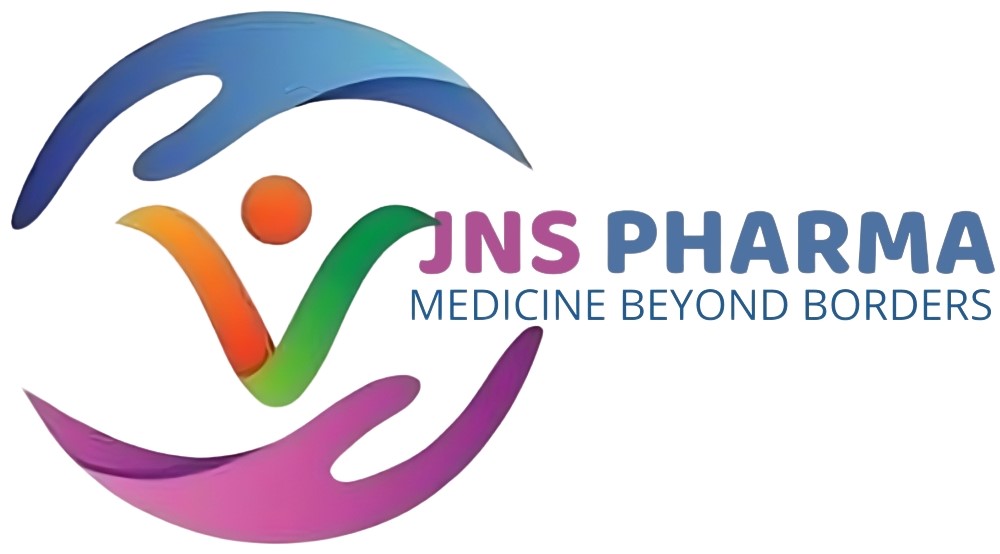

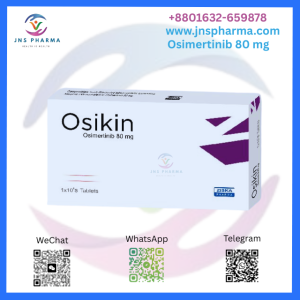
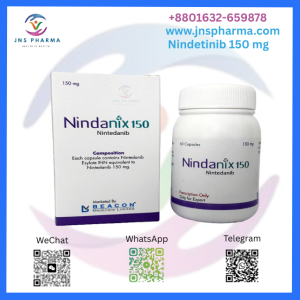
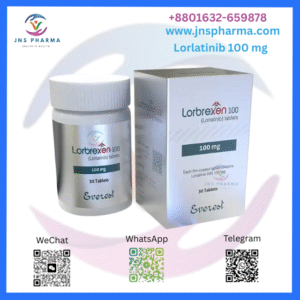
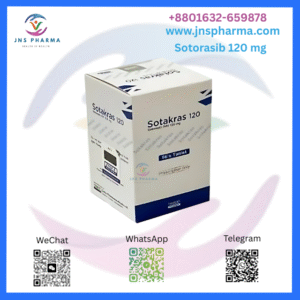
Reviews
There are no reviews yet.